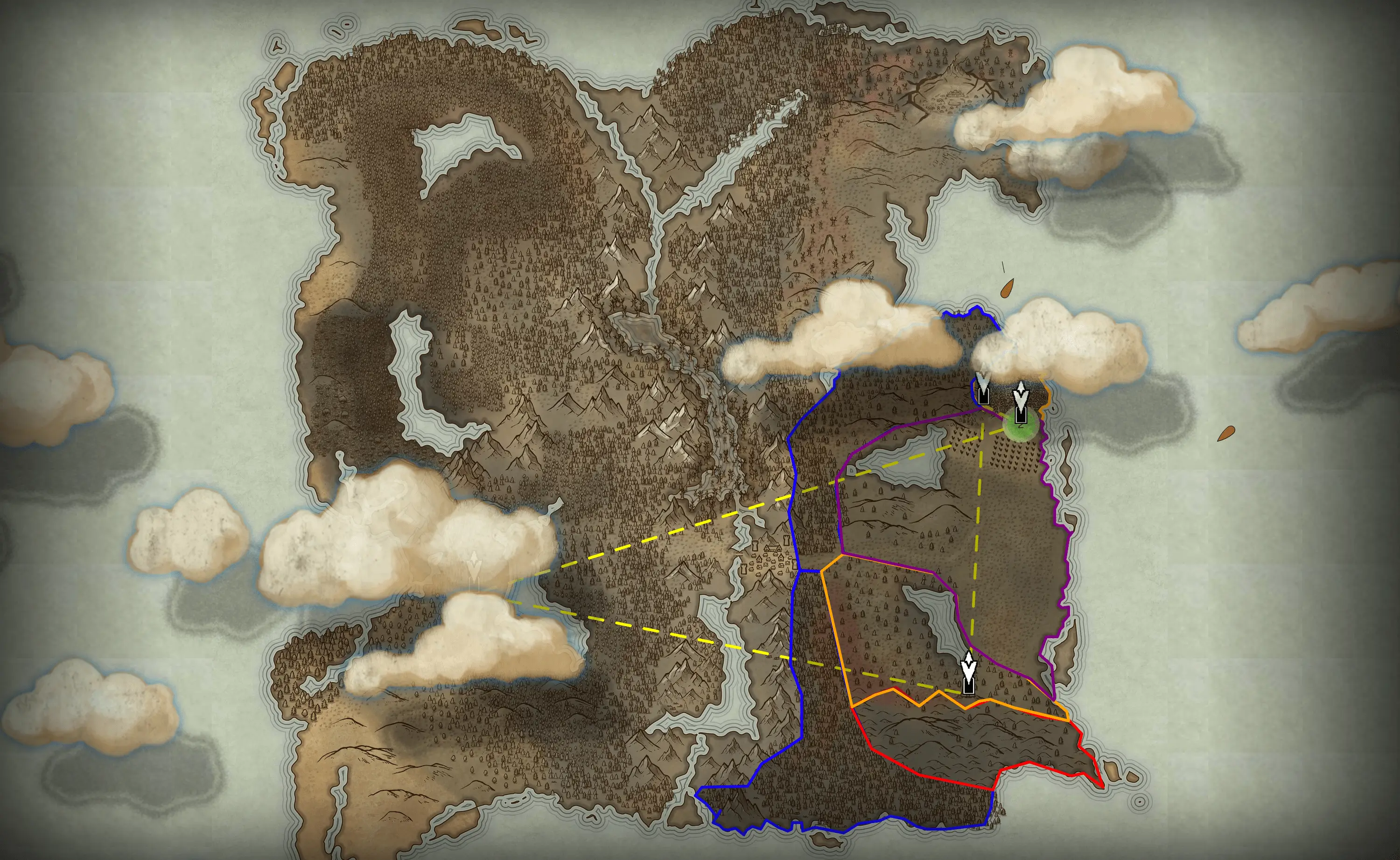What is genRPG?
My vision for this project is an innovative text-based RPG powered by artificial intelligence. It's designed to be adaptable and distinctive, set in a world where generative AI facilitates dynamic changes and variations. These changes are guided by the collective decisions of the player base. That was a tad top level, breaking it down a little more…
At its core, the genRPG project is a text-based RPG meant to run on the OpenAI GPT platform, supported by a companion website. It's more than just a basic text game. The AI Game Master Persona in genRPG will connect to various APIs, making the gameplay both dynamic and orderly. Player actions, such as completing quests and progressing through their stories, will influence aspects of the game like faction dynamics and monster populations. These influences extend beyond individual gameplay, fostering a sense of shared storytelling. This setup allows players to feel that their creative decisions genuinely shape the game world. This creates a pseudo-shared storytelling experience and allows the players to really feel like their own creative actions can affect the world in a meaningful way.

The settlement city of SilverHolm is opening it's ports to new adventurers looking to help settle and explore the land. The world is still being crafted, but feel free to explore our interactive concept map.